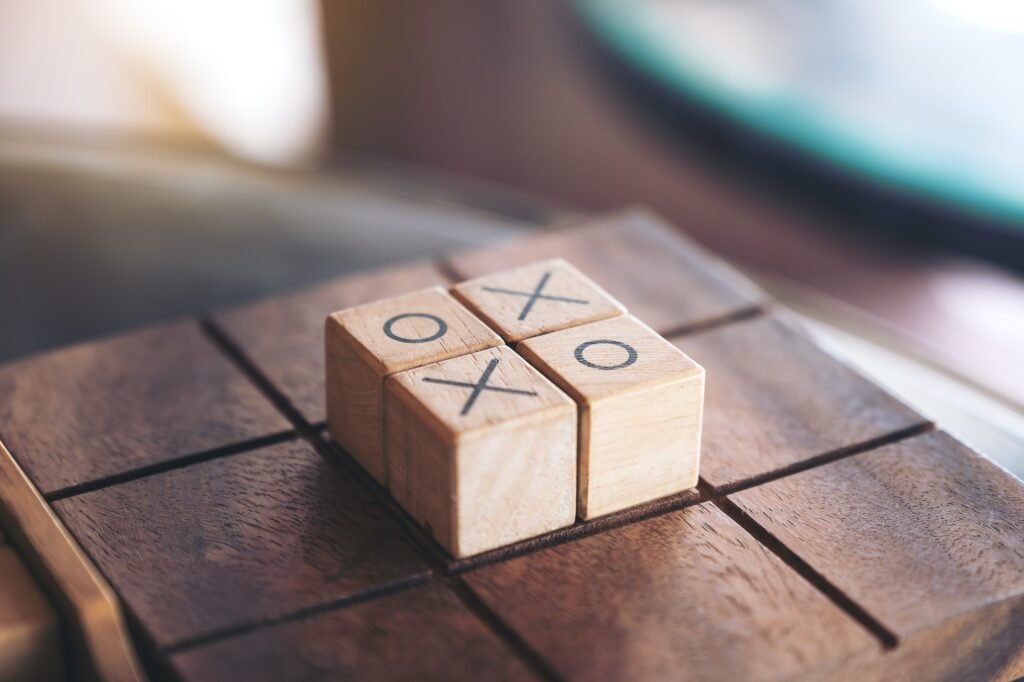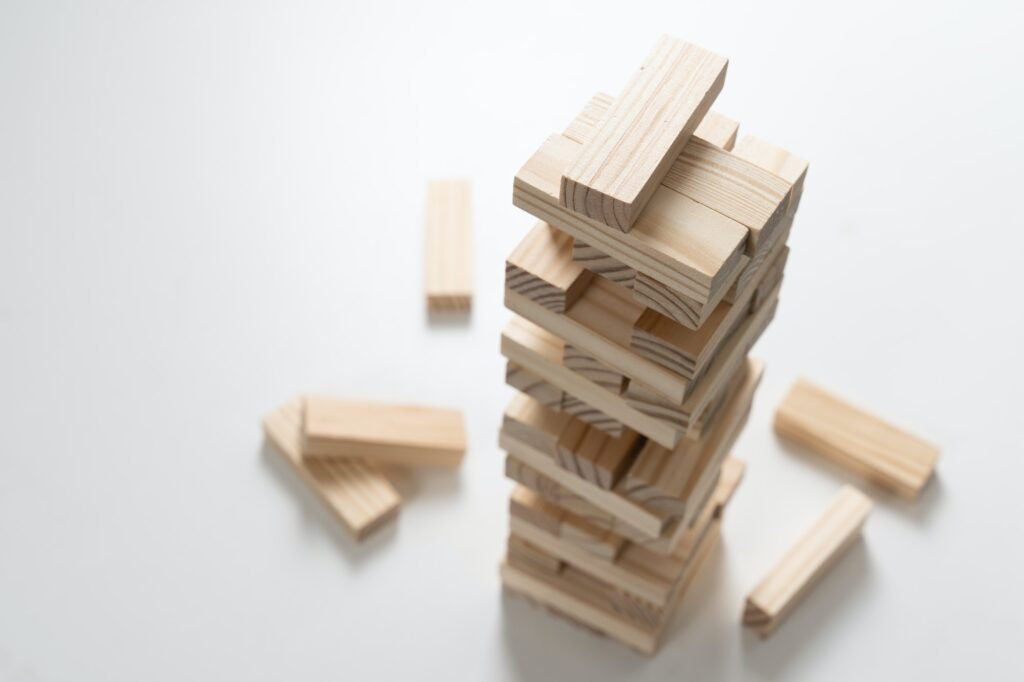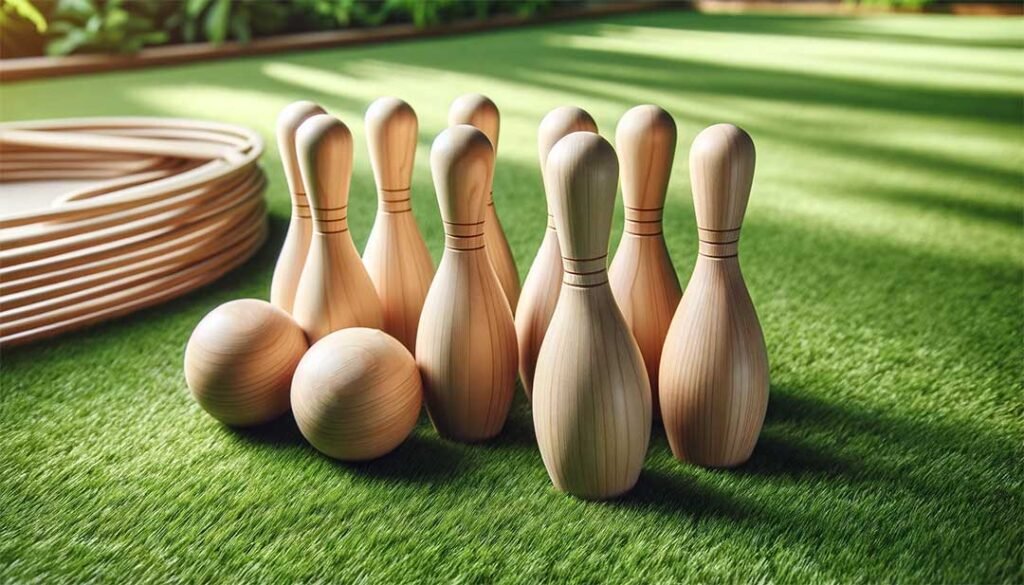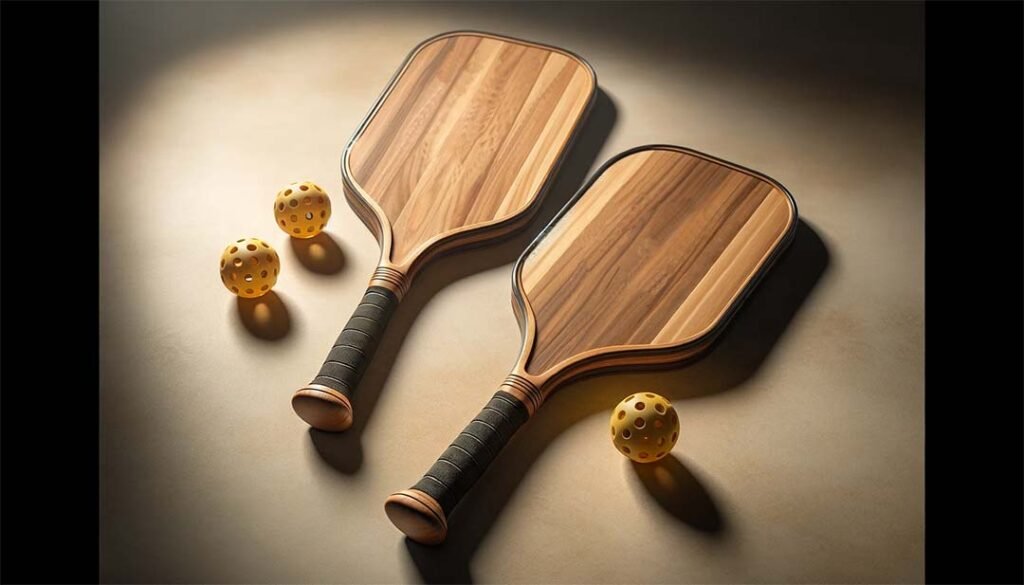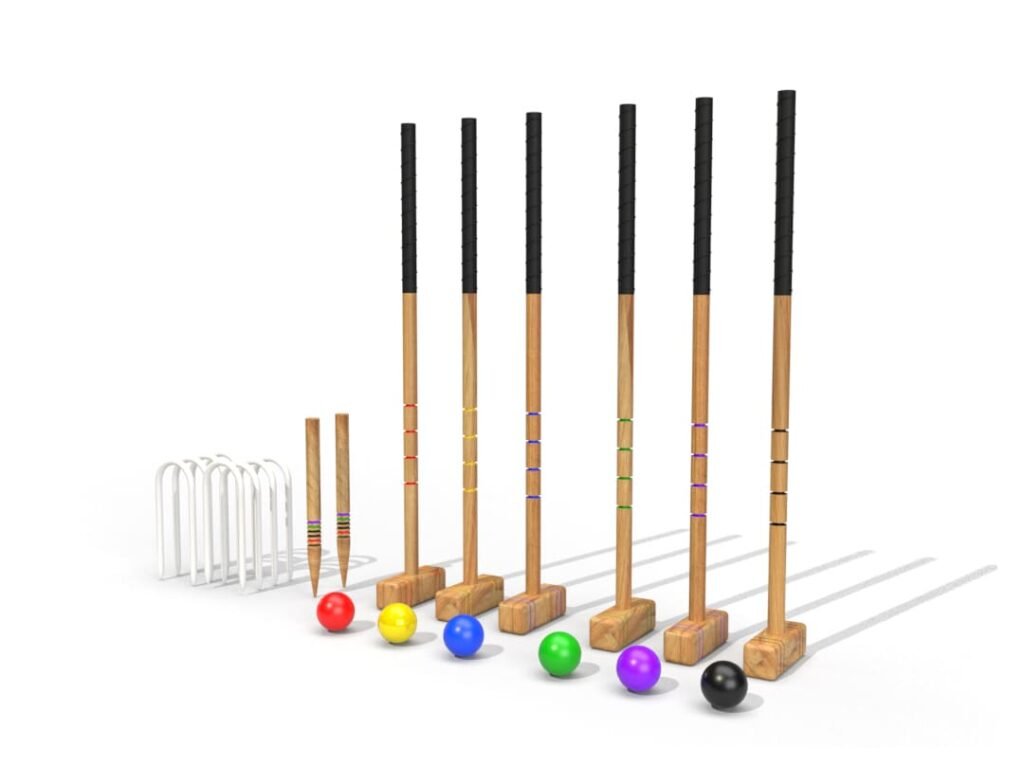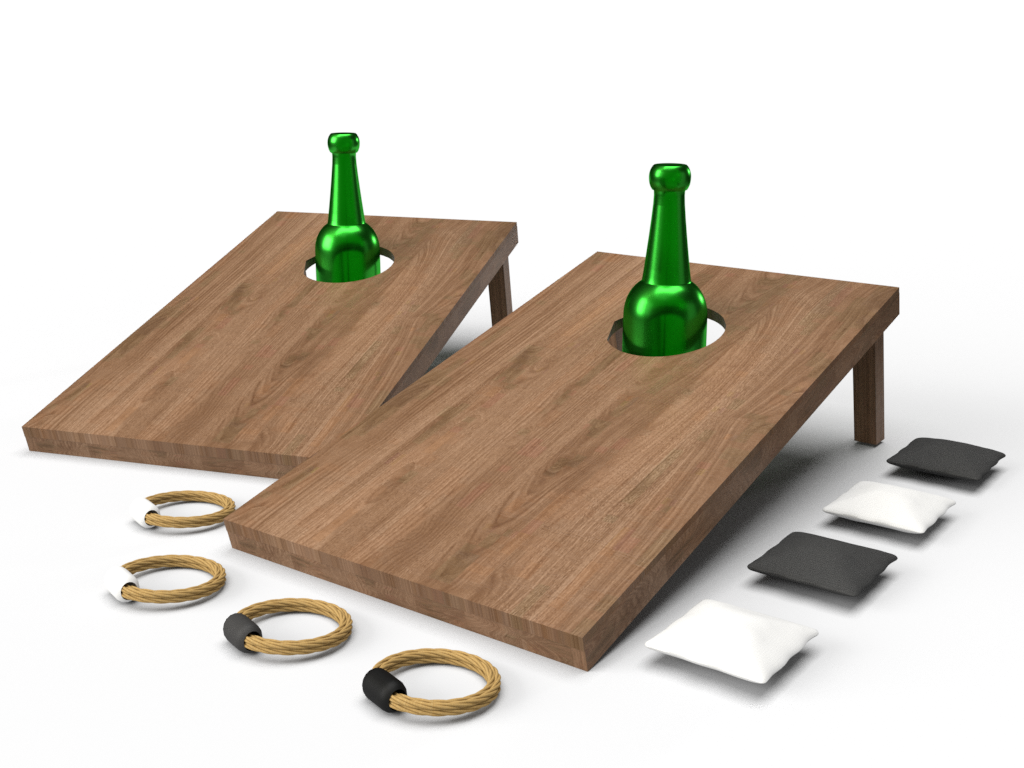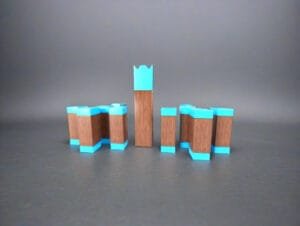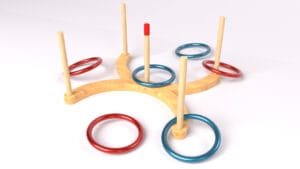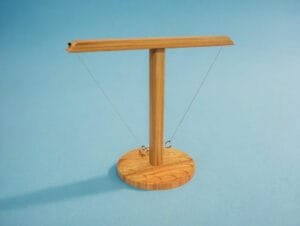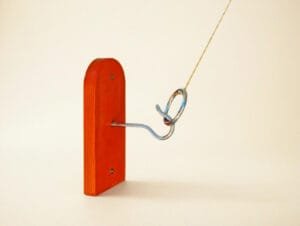You know, when I think about traditional games, I can’t help but feel a mix of nostalgia and curiosity. Growing up in China, I was surrounded by games that have been passed down through generations. But what about you? Have you ever wondered what traditional games exist in your part of the world? Let’s dive into this fascinating topic and maybe even find some inspiration for your next product line!
Traditional games vary widely depending on where you live. In China, games like “Jianzi” (a shuttlecock kick game) and “Mahjong” are staples. In Europe, you might find “Boules” in France or “Kubb” in Sweden. America has its own classics like “Cornhole” and “Horseshoes.” These games are not just fun; they’re a reflection of cultural heritage and community spirit.
Maintaining readers’ interest in continuing to read.
Curious about how these games can inspire your next big product? Keep reading!
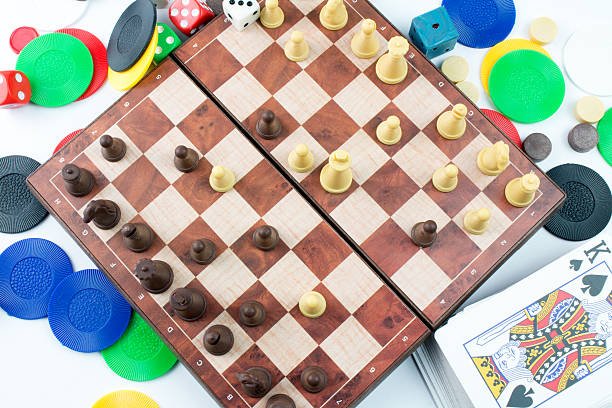
Why Should You Care About Traditional Games?
Bold all keywords which need data support.
Traditional games are more than just pastimes; they’re a goldmine for business opportunities. According to a study on traditional games, these games have seen a resurgence in popularity, especially in the post-pandemic world. People are craving outdoor activities that bring them together, and what better way to do that than with a game that’s steeped in history?
Classic Game From Around the world
1. United States
- Cornhole: A lawn game where players throw bean bags at a raised platform with a hole.
- Horseshoes: Players toss horseshoes at stakes in the ground to score points.
- Capture the Flag: A team-based outdoor game where players try to steal the opposing team’s flag.
2. United Kingdom
- Conkers: A game where players swing horse chestnuts (conkers) on strings to break their opponent’s conker.
- Chess: A strategic board game with roots in medieval Europe, widely popular in the UK.
- Rounders: A bat-and-ball game similar to baseball, often played in schools.
3. France
- Pétanque: A game where players throw metal balls as close as possible to a small target ball (cochonnet).
- Jeu de Paume: An early form of tennis played with the hand, later with racquets.
- Bilboquet (Cup-and-Ball): A game where players try to catch a ball on a stick or in a cup.
4. Australia
- Two-Up: A traditional gambling game where players bet on the outcome of two coins being flipped.
- AFL (Australian Rules Football): A unique sport with traditional roots, often played informally in communities.
- Marn Grook: An Indigenous Australian ball game involving kicking and catching a ball made of possum hide.
5. Sweden
- Kubb: A lawn game where players throw wooden batons to knock over wooden blocks (kubbs).
- Brännboll: A bat-and-ball game similar to rounders or baseball, often played in schools.
- Spökboll (Ghost Ball): A variation of dodgeball played in Sweden.
6. China
- Jianzi (Shuttlecock Kicking): Players keep a weighted shuttlecock airborne using their feet or other body parts.
- Mahjong: A tile-based game played with four players, involving strategy and luck.
- Weiqi (Go): A strategic board game where players compete to control territory.
7. Japan
- Kendama: A wooden toy with a ball attached by a string, requiring skill to catch the ball on different parts of the toy.
- Hanetsuki: A traditional badminton-like game played with wooden paddles and a shuttlecock, often during New Year celebrations.
- Karuta: A card game where players compete to match cards with poems or images.
8. India
- Kho Kho: A tag-based team game where players chase and tag opponents.
- Pachisi: A board game played with dice and cowrie shells, similar to Ludo.
- Gilli Danda: A game involving hitting a small stick (gilli) with a larger stick (danda) to score points.
9. Mexico
- Lotería: A traditional card game similar to bingo, using images instead of numbers.
- Trompo (Spinning Top): Players spin a wooden top and perform tricks.
- Balero: A cup-and-ball game where players try to catch a ball on a stick.
10. Greece
- Tavli (Backgammon): A strategic board game played with dice.
- Pilotá (Marbles): A game where players shoot marbles to knock others out of a circle.
- Stratopeda (Hopscotch): Similar to hopscotch, players hop through a drawn grid.
11. Kenya
- Bao: A traditional Mancala-style board game involving seeds and pits.
- Kati: A game where players throw and catch stones or seeds in a rhythmic pattern.
- Kigogo: A strategy game played with pebbles on a grid drawn in the sand.
12. Brazil
- Peteca: A game similar to volleyball, played with a hand-sewn shuttlecock.
- Bola de Gude (Marbles): A game where players shoot marbles to win others.
- Pião (Spinning Top): Players spin a wooden top and compete to keep it spinning the longest.
13. Russia
- Gorodki: A game where players throw sticks to knock out wooden blocks arranged in patterns.
- Lapta: A traditional bat-and-ball game similar to baseball.
- Babki: A game played with animal bones, similar to marbles.
How Can Traditional Games Inspire Your Business?
Think about it. If you’re in the business of wooden garden games, why not take a page from these traditional games? Imagine a modern twist on Jianzi or a portable Kubb set. The possibilities are endless, and the market is ripe for innovation. Plus, with the right supplier, you can bring these ideas to life without breaking the bank.
What Are the Challenges in Bringing Traditional Games to Market?
Sure, it sounds great, but what about the challenges? Well, for starters, you need a supplier who understands the nuances of traditional games. They need to be able to deliver high-quality products that stay true to the game’s roots while also being durable enough for modern use. And let’s not forget about certifications—nobody wants to deal with a product recall because of safety issues.
How Can Kangjie Help You Navigate These Challenges?
At Kangjie, we’ve got your back. With our direct connections to source factories, we can ensure that your products are not only high-quality but also cost-effective. Our fast response times mean you won’t be left hanging when you need a quick turnaround. And with our support for confidentiality agreements, you can rest easy knowing your innovative ideas are safe with us.
Conclusion
Traditional games are more than just a blast from the past; they’re a business opportunity waiting to be seized. With the right supplier and a bit of creativity, you can bring these games to a whole new audience. So, what are you waiting for? Let’s make some magic happen!

